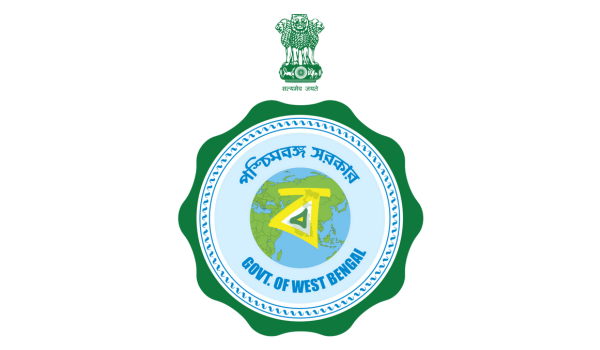The Labour Department of West Bengal has decided to raise employees’ wages and provide provident fund and gratuity benefits upon retirement. The move is aimed at enhancing the financial well-being of the approximately 2.5 lakh jute mill workers statewide.
With this decision, the newly- hired jute mill employees throughout the state will now receive a monthly salary of Rs 14,066, reflecting a Rs 3,562 increment. Mill authorities are required to allocate an additional cost to company (CTC) of Rs 4,550 per month for these recruits. Concurrently, the total monthly salary for veteran workers will see a boost of Rs 553, escalating from Rs 16,718 to Rs 17,271.
Moloy Ghatak, labour minister, West Bengal, announced that a historic agreement has been reached to improve the financial situation of jute mill workers, securing support from all 23 affiliated trade unions. This marks the first instance of categorising workers into four skill levels – unskilled, semi-skilled, skilled, and highly skilled. Each category is set to receive a monthly allowance, with a maximum cap of Rs 450. Additionally, existing jute mill workers are slated to receive a minimum ad-hoc salary increase of Rs 130 per month.
The department has also taken a substantial step towards ensuring provident fund (PF) disbursement to workers immediately after retirement. Previously, PF in many jute mills was administered through trustee boards, leading to significant delays in payment. Now, the government will directly manage PF disbursement, facilitating prompt post-retirement benefits.
Additionally, worker gratuity is now linked with the Life Insurance Corporation of India (LIC), ensuring its timely reception post-retirement. Ghatak highlighted that the agreement also permits special transfers for workers completing 15 years of service, with those reaching 20 years considered permanent employees.
This initiative is anticipated to benefit a significant portion of jute-mill employees. Ritabrata Banerjee, the state president of INTTUC, alleged that the Central government intentionally places fewer orders for jute bags to favour the synthetic lobby, impacting over 40 lakh farmers engaged in jute cultivation in the state.


